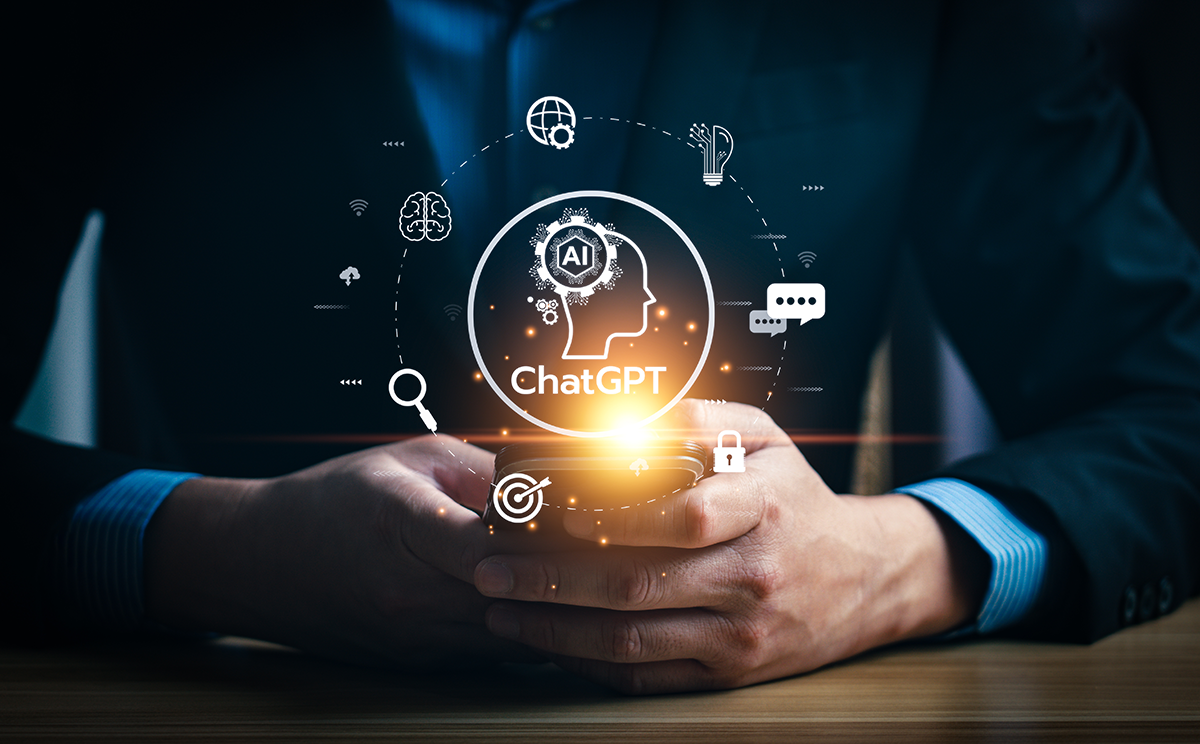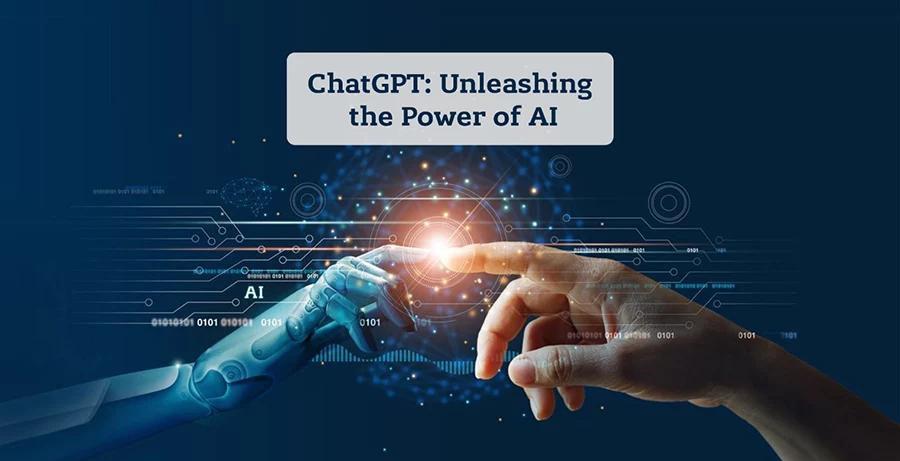The rise of artificial intelligence (AI) technologies, particularly in the realm of natural language processing (NLP), has significantly influenced the digital landscape across the globe. Among these technologies, OpenAI’s ChatGPT stands out as a leading example of AI’s potential to transform how businesses and consumers interact. In the European Union (EU), where digital innovation is at the forefront of economic development, ChatGPT is making a substantial impact on various sectors, reshaping the digital market, and prompting discussions around regulation, ethics, and the future of work.

This blog post delves into the multifaceted impact of ChatGPT on the EU digital market, exploring its applications, benefits, challenges, and future implications.
1. Enhancing Customer Experience and Engagement

ChatGPT is transforming how businesses interact with customers. By leveraging its capabilities, companies can provide personalized and efficient customer support, improving overall customer satisfaction and engagement.
Key Applications:
- Customer Support: ChatGPT can be deployed as a virtual assistant, handling customer inquiries and providing real-time support. This reduces wait times and improves response rates, allowing human agents to focus on more complex issues.
- Personalization: Businesses can use ChatGPT to analyze customer data and deliver tailored recommendations, enhancing user experience and increasing sales. For example, e-commerce platforms can leverage ChatGPT to suggest products based on user preferences and browsing history.
- Interactive Marketing: Brands are utilizing ChatGPT to create engaging marketing content, including personalized emails and social media posts. This not only saves time but also improves the relevance of marketing efforts.
2. Driving Innovation Across Industries

ChatGPT is enabling innovation across various sectors, including finance, healthcare, education, and entertainment. Its ability to process and generate human-like text opens up new avenues for creative problem-solving and service delivery.
Industry Innovations:
- Finance: In the financial sector, ChatGPT can assist in automating customer inquiries, providing market analysis, and even generating reports. This enhances efficiency and helps financial institutions better serve their clients.
- Healthcare: ChatGPT can support healthcare providers by streamlining administrative tasks, answering patient queries, and offering educational content about health conditions. This can lead to improved patient engagement and outcomes.
- Education: Educational institutions are leveraging ChatGPT to enhance learning experiences. From personalized tutoring to automated grading, AI-driven tools are transforming traditional educational methods.
3. Impact on Employment and Workforce Dynamics

While ChatGPT presents numerous benefits, its implementation also raises concerns about job displacement and changes in workforce dynamics. As businesses adopt AI-driven solutions, the nature of work is evolving, requiring new skills and adaptability from employees.
Workforce Implications:
- Job Transformation: Many roles may be transformed rather than eliminated. For instance, customer service representatives may shift from handling basic inquiries to managing complex customer relationships. This shift requires reskilling and upskilling to adapt to new roles.
- New Job Creation: The rise of AI technologies like ChatGPT is also creating new job opportunities in fields such as AI development, data analysis, and digital marketing. The demand for professionals skilled in AI and machine learning is increasing across Europe.
- Reskilling Initiatives: To mitigate potential job losses, companies and governments must invest in reskilling initiatives that prepare the workforce for the changing job landscape. Collaborations between educational institutions and businesses will be crucial in developing relevant training programs.
4. Regulatory and Ethical Considerations

The rapid deployment of AI technologies raises important regulatory and ethical questions. The EU has been proactive in addressing these challenges, emphasizing the need for responsible AI development and usage.
Regulatory Landscape:
- EU AI Act: The proposed EU AI Act aims to regulate AI technologies, ensuring they are used responsibly and ethically. The legislation focuses on transparency, accountability, and risk management, with a particular emphasis on high-risk AI applications.
- Data Privacy: ChatGPT’s reliance on large datasets raises concerns about data privacy and protection. Compliance with regulations such as the General Data Protection Regulation (GDPR) is essential to safeguard user data and maintain consumer trust.
- Bias and Fairness: Addressing biases inherent in AI models is a critical challenge. The EU’s focus on ethical AI underscores the importance of developing fair and unbiased AI systems that promote inclusivity and diversity.
5. The Future of ChatGPT and the EU Digital Market

As ChatGPT continues to evolve, its impact on the EU digital market will likely expand, driving further innovation and transformation. The integration of AI technologies into everyday business operations will redefine how organizations operate and interact with customers.
Future Trends:
- Increased Adoption of AI: More businesses in the EU are expected to adopt ChatGPT and similar technologies to enhance efficiency and improve customer engagement. The growing emphasis on digital transformation will accelerate this trend.
- Integration with Other Technologies: The convergence of ChatGPT with other emerging technologies, such as machine learning, blockchain, and the Internet of Things (IoT), will open up new opportunities for innovation and service delivery.
- Focus on Ethical AI: As AI technologies become more prevalent, the emphasis on ethical development and responsible usage will continue to grow. Businesses and policymakers must work together to establish guidelines that promote trust and transparency in AI systems.
Conclusion
ChatGPT is undeniably reshaping the EU digital market, enhancing customer experiences, driving innovation, and presenting both opportunities and challenges for the workforce. As the technology continues to evolve, it is essential for businesses, governments, and society to navigate the complexities of AI adoption thoughtfully and responsibly. By fostering a collaborative approach to AI development and ensuring that ethical considerations are at the forefront, the EU can harness the full potential of ChatGPT and other AI technologies, paving the way for a more innovative and inclusive digital future.

